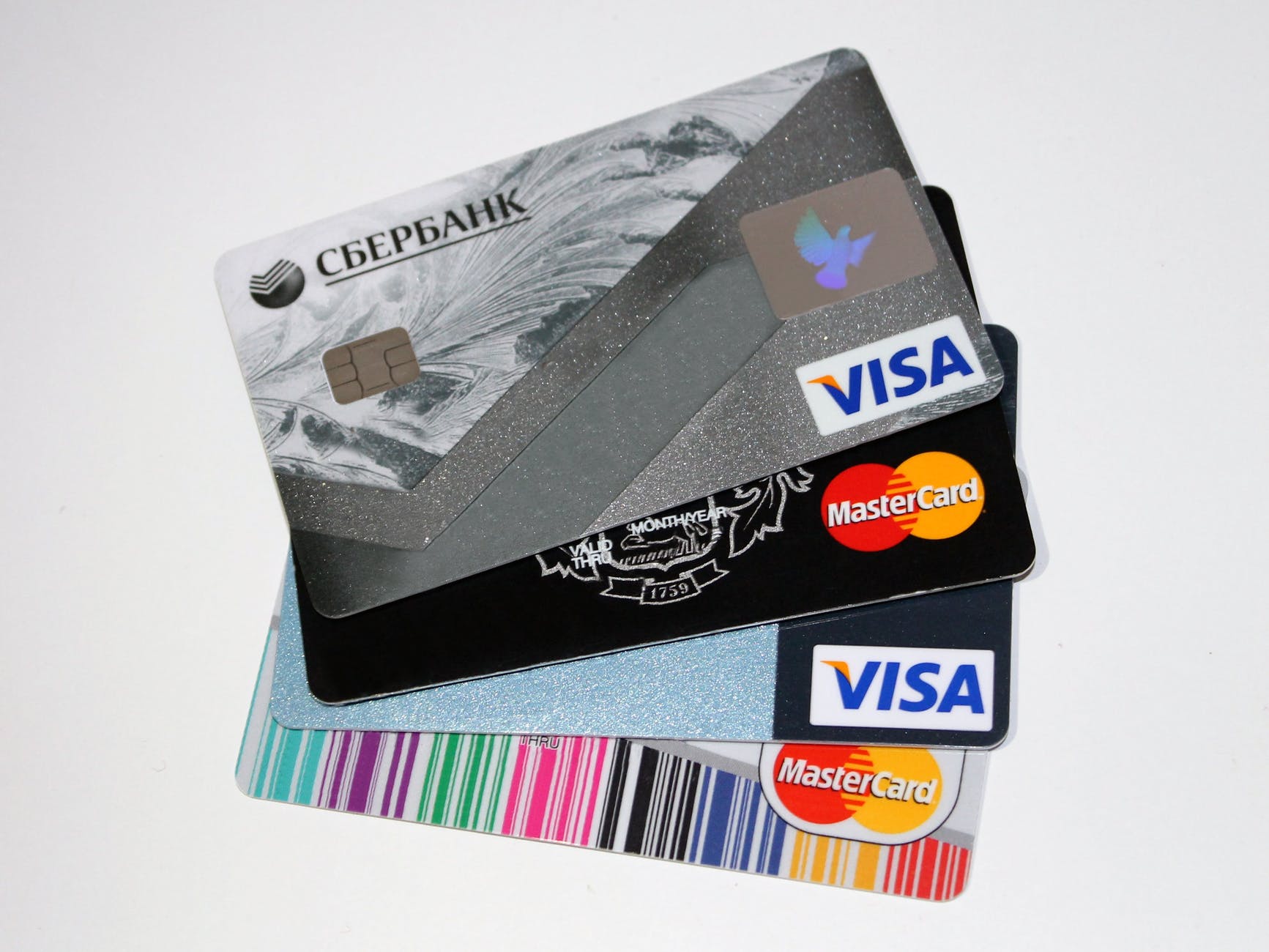How to Organize Your Financial Life
Getting organized financially is especially important to financial success.
Being organized financially means never missing payments on bills, or accidentally paying something twice. Being organized also helps for tax time to be much less stressful and can help a person to reach individual savings goals.
Below are eight simple ways to keep finances organized.
Shop Around for Insurance
Most people could stand to improve on life insurance. Something young families don’t always think about. Most times the coverage isn’t optimal, and the price being paid is too high for the coverage being received. Term life insurance can be quite affordable. Shop around for term life insurance quotes. Usually, the younger you are the less expensive it is. Aside from the cost, is the peace of mind you will have knowing your family will be protected if something happens to you. You should also review your other insurance needs. A few ideas include: have multiple insurance policies with the same company, increase deductibles in order to reduce premiums, and check on coverage limits and make sure the coverage is adequate. Compare quotes through different companies to see which one can give the best offer for coverage.
Setup Automatic Bill Pay

One good way to make sure that bills are always paid on time is to setup automatic payments by debit or credit card, using an online bill pay system. This system can be through a bank or other institution. Keep track of these automated payments in case the payments need to be updated or stopped.
Save Through Direct Deposit
The easiest money to save is the money that isn’t seen. Most employers allow paychecks to be direct deposited into a savings account. If the employer doesn’t offer this, it can be setup through a bank and transferred into savings from a checking account. It is also a good idea to set up automatic deposits into investment or retirement accounts.
Loans
Taking out a loan can be a good way to pay off and consolidate any debt. There are many companies available that can do this, even if credit history is an issue. Check Crediful to see what kinds of loans are possible with those who have good to fair credit. Consolidating debt is an important step in the process to begin saving money for the future.
Get Organized
Some financial documents should be kept as hard copies and organized into files. Do this by creating a filing system that makes sense by using a file cabinet or file box. Make sure to have a space for receipts, medical insurance information, stock statements, estate planning, repair records, and home spending.
Track Spending
Always know where the money is going. This is the first step in knowing how to spend money wisely. An organized system of tracking spending will make gathering information for yearly tax returns much easier. Quicken or any other online solutions, such as Mint or Tiller, or using a spreadsheet will help with the task of tracking. Some programs will even download bank and credit card transactions into a spreadsheet or app. The main idea is to choose a system that will be easy to stick to.
Create a Budget
 Creating a budget can help to control spending and help to ensure that one doesn’t spend above what is coming in. This also helps to keep spending priorities at the top of the list. It is helpful if couples discuss household budgets and make sure that those are in sync with how money is being spent. There are budget apps available for just this purpose, or a good old pen and paper can do the trick.
Creating a budget can help to control spending and help to ensure that one doesn’t spend above what is coming in. This also helps to keep spending priorities at the top of the list. It is helpful if couples discuss household budgets and make sure that those are in sync with how money is being spent. There are budget apps available for just this purpose, or a good old pen and paper can do the trick.
Organize Online Accounts
Create a list of all of the numerous online accounts that are held. This can be anything from online brokerage and bank accounts to mileage and shopping accounts. The list should contain usernames and passwords that can be held in a secure online password vault, or in a notebook.
Update Documents
At the beginning of the year it is a good idea to make sure all financial documents are up to date and current. This could be anything from beneficiaries to a 401K account to updating wills to updating health care surrogates and estate planning. This is a good time to also review any automatic payments that have been setup.
Create a Mail Station
An efficient way to deal with mail is to organize it as it comes in. This could be making something as simple as boxes that are labeled as ‘bills to pay,’ or ‘documents to file.’ This system will keep bills current and paid.
Credit Card Management
 Look into rewards programs through different credit card companies. From there, manage spending in order to optimize the benefits of these cards and optimize their benefits by always immediately paying them off after making a purchase. Also check into annual fees to make sure the rewards program is worth paying every year.
Look into rewards programs through different credit card companies. From there, manage spending in order to optimize the benefits of these cards and optimize their benefits by always immediately paying them off after making a purchase. Also check into annual fees to make sure the rewards program is worth paying every year.
Views: 55



4 Spending Habits To Avoid If You Want to Get Out of Debt - News AKMI
[…] largely depends on the quality of our financial habits. It is crucial to start regularly practicing healthy financial habits while limiting the patterns that hold us back if we want to get out of debt and accomplish the […]
Term Life Insurance v/s Whole Life - News AKMI
[…] financial security […]